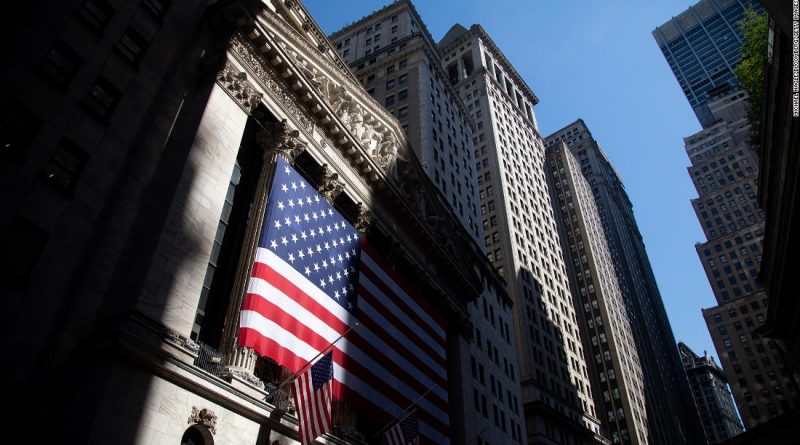Dear Gen Z: Here’s how to survive your first bear market
Some Millennials and Gen Z-ers found themselves jobless and bored during peak Covid, yet flush with sudden access to cash through stimulus programs and increased federal unemployment payments. And the pandemic-fueled market dip provided an easy entry point to investing.
The casino was open and everyone was winning big. These new investors had less wiggle room when it came to losing cash, but hey, they had never lived through a market crash or recession.
For newbie investors, things are changing fast.
Buying first, asking questions later
Berkshire Hathaway’s Charlie Munger described the stock market during that period as “almost a mania of speculation,” adding that that “we’ve got people who know nothing about stocks, being advised by stockbrokers who know even less.”
But seasoned pros say that’s not the way to go. Here’s what they suggest.
Don’t panic, learn lessons and keep going
Investors may be panicking, Grohowski said, but they shouldn’t pull out of the markets altogether.
“Frankly, I hope lessons being learned are ‘buy first ask questions later’ is never a good strategy — and that fundamentals and valuation does matter,” he said. “This will turn out to be a better entry point than exit point for longer-term-oriented investors.”
Certainly “it’s a test” for investors who lose big, Grohowski acknowledged, but he thinks there will be “a better market ahead.”
Other longtime investors have also preached the need for perspective.
But “every other bear market in history is an epic buying opportunity until the next one,” he added.
How to survive the downturn
She recommends active investors select stocks by focusing on factors such as cash-rich and low-debt balance sheets, positive earnings revisions and low volatility.
Sharp rallies are par for the course during bear markets, Sonders noted, but investors should be prepared for an extended downturn. “Aggressive Fed policy, the turning of the liquidity tide and slower economic growth will likely keep pressure on stocks,” she added.
Given all of those concerns, “don’t panic” might sound like difficult advice to follow. One way to avoid it is ensuring you have enough resources outside of the market to weather a crisis, said Mark Riepe, managing director of the Schwab Center for Financial Research. If you can hang in without depending on that money in the market, you don’t have to pull out at the bottom and risk missing the inevitable rebound. (Remember, past bear markets have tended to be shorter than bull markets).
So, although economic uncertainty abounds, investors should remember that volatility is necessary for better long-term returns on equities, wrote David Kelly, chief global strategist of JPMorgan Asset Management in a recent note. Kelly also advised investors to keep in mind that a diverse portfolio reduces risk, valuations are a good indicator of long-term gaining potential, and to invest with logic not emotion.
“Very often the best time to get invested is when people feel most scared and confused,” wrote Kelly. “In a world of ‘?’s, investing principles deserve an ‘!’.”




